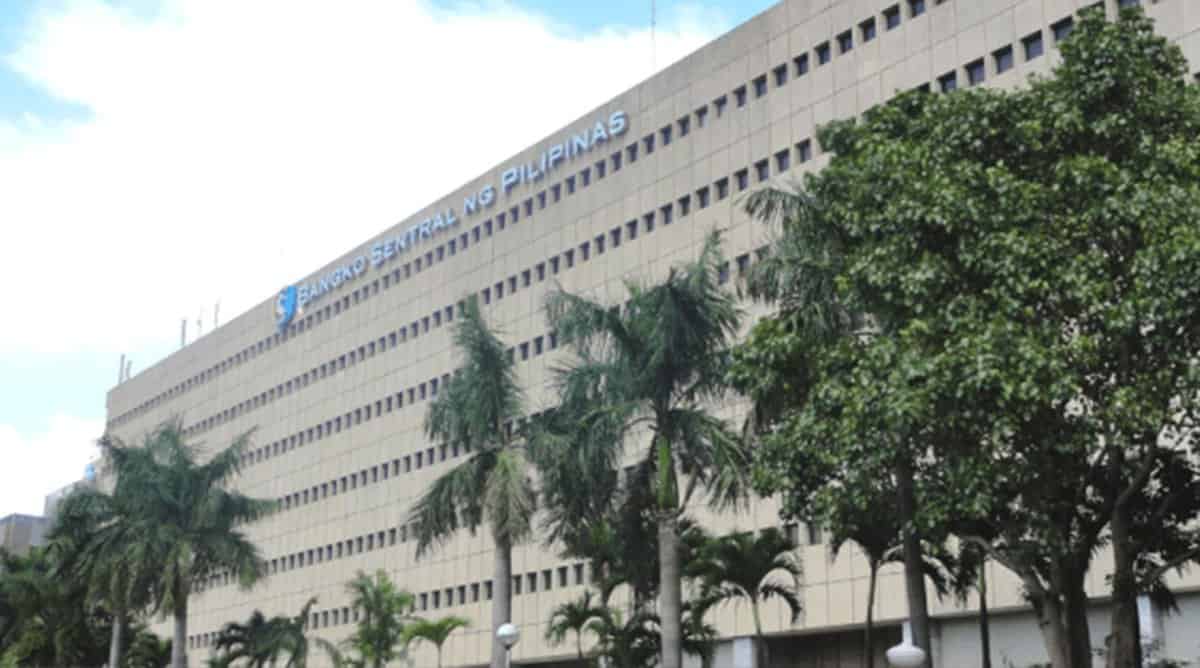BSP Delays Central Bank Digital Currency Issuance For Now
A key benefit of a CBDC, Gov. Diokno said, is the reduction in the need to print physical cash, which could then lead to cost savings for the central bank.

October 27, 2020 — The Bangko Sentral ng Pilipinas (BSP) is not issuing its own Central Bank Digital Currency (CBDC) soon, citing similar policies of other major central banks that also don’t have plans to release one in the next five years.
In a press briefing, BSP Governor Benjamin Diokno said the central bank has completed its exploratory research on how CBDCs can impact the country’s financial system as well as its implications in monetary policy, payments and settlements. Conducted by a technical working group, the study said CBDCs can help track the flow of money and therefore address potential money laundering risks.
A key benefit of a CBDC, Gov. Diokno said, is the reduction in the need to print physical cash, which could then lead to cost savings for the central bank. However, with the Philippines still a cash-prevalent society, this benefit is not yet needed, although it will be once digital transactions continue to increase.
CBDCs could also encourage innovation in payments, which could put them head to head with privately issued digital currencies.
Among the risks outlined are the consumer’s loss of privacy, competition between bank deposits and CBDCs, and cybersecurity.
CBDCs are backed by central bank reserves directly, in contrast with electronic money, which represents money stored in an account, whether in a bank account or a digital wallet. According to the Bank of International Settlements (BIS), it will be easier to define CBDC by highlighting what it is not: It is a digital form of central bank money that is different from balances in traditional reserve or settlement accounts.
CBDCs are also different from cryptocurrencies like Bitcoin whose value is not backed by any central bank entity.
Gov. Diokno noted that there are very few central banks that plan to issue CBDCs within the next five years. With that, he clarified that while the BSP may issue a CBDC in the future, it won’t be within his term, which ends in 2023.
The exploratory research concluded that more study is needed to look into the risks and benefits of CBDCs for the country. The governor said the BSP will ask for technical assistance from global institutions like the International Monetary Fund and consult other central banks in boosting the regulator’s knowledge on the field. The BSP will also employ using industry sandboxes to craft regulations for CBDCs.
This article is published on BitPinas: BSP Delays Central Bank Digital Currency Issuance For Now
Sources: Business Mirror, BusinessWorld, Philippine News Agency





